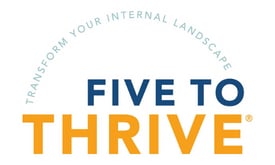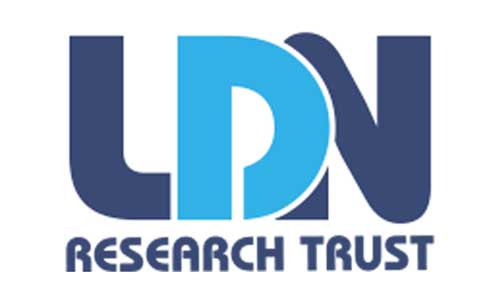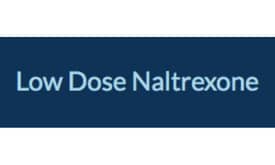This prescription drug is used off-label in low doses to treat people with cancer, with notable but very preliminary successes in cases where the cancers were difficult-to-treat or quite advanced.
How can low-dose naltrexone help you? What the research says
Preclinical evidence is described in Are you a health professional? ›
Improving treatment outcomes
Is low-dose naltrexone linked to improved survival? Is it linked to less cancer growth or metastasis? Does it enhance the anticancer action of other treatments or therapies? We present the evidence.
Is this therapy linked to improved survival? Is it linked to less cancer growth or metastasis? Does it enhance the anticancer action of other treatments or therapies? We present the evidence.
Optimizing your body terrain
Does low-dose naltrexone promote an environment within your body that is less supportive of cancer development, growth, or spread? We present the evidence.
See Optimizing Your Body Terrain ›
Find medical professionals who specialize in managing body terrain factors: Finding Integrative Oncologists and Other Practitioners ›
We also recommend that you share with your doctor the information here about how LDN might affect these terrain factors if you have any imbalances.
Managing side effects and promoting wellness
Is low-dose naltrexone linked to fewer or less severe side effects or symptoms? Is it linked to less toxicity from cancer treatment? Does it support your quality of life or promote general well-being? We present the evidence.
Helpful links

Use of Low-Dose Naltrexone in
Cancer ›
Dr. Lise Alschuler of Five to Thrive Live Radio interviews Akbar Khan, MD, about the unique mechanisms of action and health-promoting effects of low-dose naltrexone, particularly in cancer.
References


